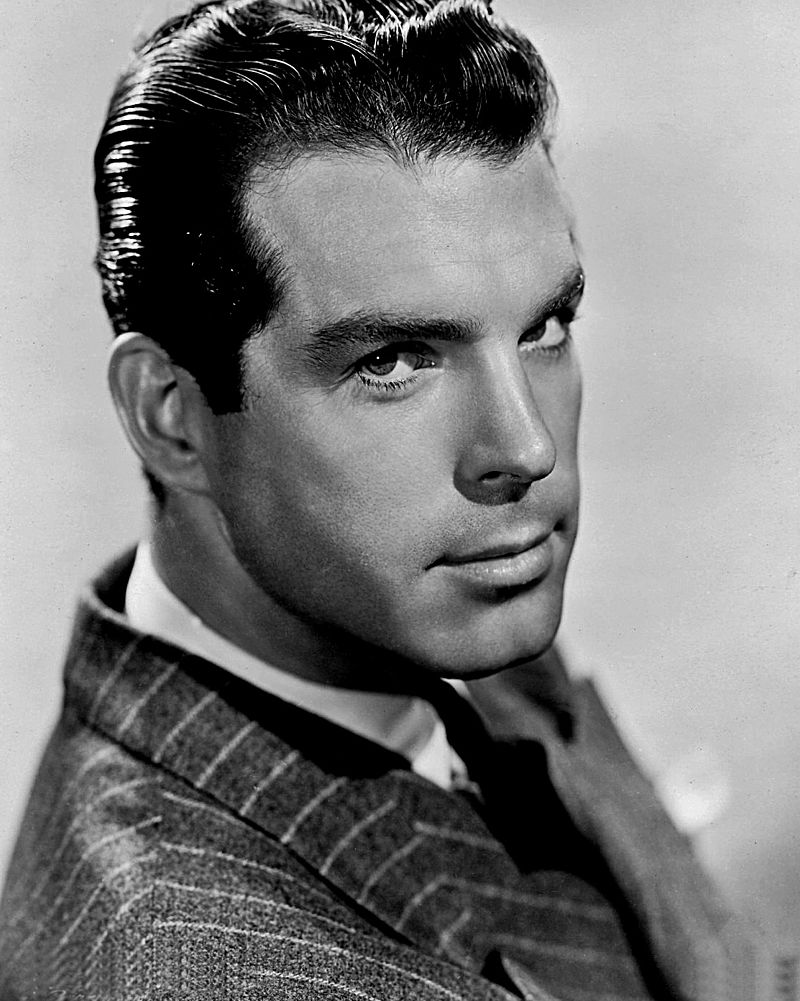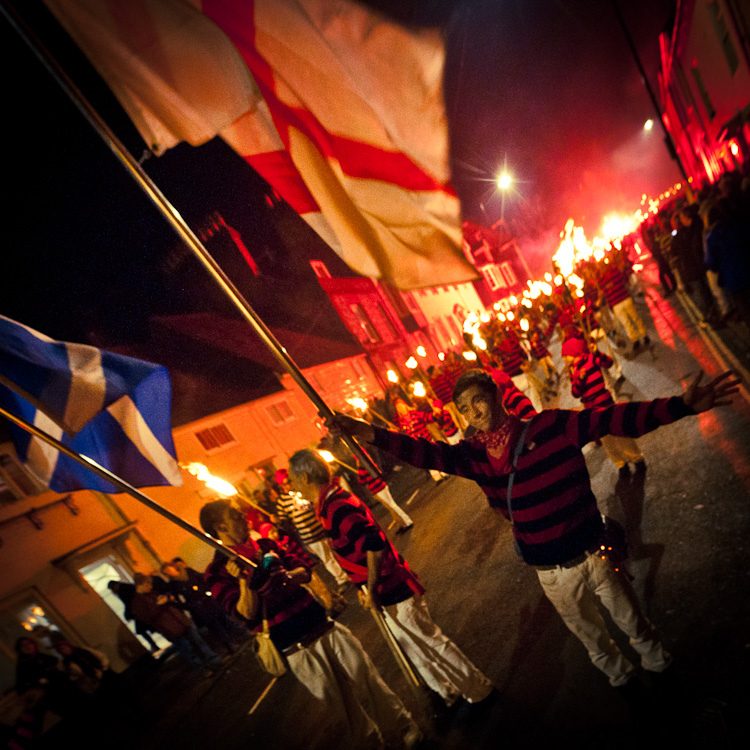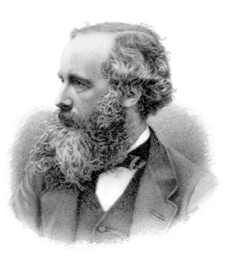
November 5 is the 309th day of the year (310th in leap years) in the Gregorian calendar. There are 56 days remaining until the end of the year.
Holidays
Christian Feast Day:
- Domninus
- Elizabeth, the mother of John the Baptist
- Galation
- Magnus
- Pope Zachary
- November 5 (Eastern Orthodox liturgics)
Guy Fawkes Night (United Kingdom, New Zealand and the Canadian province of Newfoundland & Labrador), and its related observances:
West Country Carnival (English West Country)
Kanakadasa Jayanthi (Karnataka)
History
In 1138, Lý Anh Tông is enthroned as emperor of Vietnam at the age of two, beginning a 37-year reign.
In 1499, Publication of the Catholicon in Tréguier (Brittany). This Breton-French-Latin dictionary was written in 1464 by Jehan Lagadeuc. It is the first Breton dictionary as well as the first French dictionary.
In 1530, The St. Felix’s Flood destroys the city of Reimerswaal in the Netherlands.
In 1605, Gunpowder Plot: Guy Fawkes is arrested.
In 1757, Seven Years’ War: Frederick the Great defeats the allied armies of France and the Holy Roman Empire at the Battle of Rossbach.
In 1768, Treaty of Fort Stanwix, the purpose of which is to adjust the boundary line between Indian lands and white settlements set forth in the Proclamation of 1763 in the Thirteen Colonies.
In 1780, French-American forces under Colonel LaBalme are defeated by Miami Chief Little Turtle.
In 1811, Salvadoran priest José Matías Delgado, rang the bells of La Merced church in San Salvador, calling for insurrection and launching the 1811 Independence Movement
In 1831, Nat Turner, American slave leader, is tried, convicted, and sentenced to death in Virginia.
In 1838, The Federal Republic of Central America begins to disintegrate when Nicaragua separates from the Federation.
In 1854, Crimean War: The Battle of Inkerman.
In 1862, American Civil War: Abraham Lincoln removes George B. McClellan as commander of the Union Army for the second and final time.
In 1862, American Indian Wars: In Minnesota, 303 Dakota warriors are found guilty of rape and murder of whites and are sentenced to hang. 38 are ultimately executed and the others reprieved.
In 1872, Women’s suffrage in the United States: In defiance of the law, suffragist Susan B. Anthony votes for the first time, and is later fined $100.
In 1879, James Clerk Maxwell, Scottish-English physicist and mathematician (b. 1831) died in Cambridge of abdominal cancer on 5 November 1879 at the age of 48.
The minister who regularly visited him in his last weeks was astonished at his lucidity and the immense power and scope of his memory, but comments more particularly,
… his illness drew out the whole heart and soul and spirit of the man: his firm and undoubting faith in the Incarnation and all its results; in the full sufficiency of the Atonement; in the work of the Holy Spirit. He had gauged and fathomed all the schemes and systems of philosophy, and had found them utterly empty and unsatisfying – “unworkable” was his own word about them – and he turned with simple faith to the Gospel of the Saviour.
Maxwell was a Scottish mathematical physicist. His most notable achievement was to formulate the classical theory of electromagnetic radiation, bringing together for the first time electricity, magnetism, and light as manifestations of the same phenomenon. Maxwell’s equations for electromagnetism have been called the “second great unification in physics” after the first one realised by Isaac Newton. James was also a dedicated Christian from his childhood and saw his science as a natural extension of his faith.
With the publication of A Dynamical Theory of the Electromagnetic Field in 1865, Maxwell demonstrated that electric and magnetic fields travel through space as waves moving at the speed of light. Maxwell proposed that light is in fact undulations in the same medium that is the cause of electric and magnetic phenomena. The unification of light and electrical phenomena led to the prediction of the existence of radio waves.
Maxwell helped develop the Maxwell–Boltzmann distribution, a statistical means of describing aspects of the kinetic theory of gases. He is also known for presenting the first durable colour photograph in 1861 and for his foundational work on analysing the rigidity of rod-and-
joint frameworks (trusses) like those in many bridges.
His discoveries helped usher in the era of modern physics, laying the foundation for such fields as special relativity and quantum mechanics. Many physicists regard Maxwell as the 19th-century scientist having the greatest influence on 20th-century physics. His contributions to the science are considered by many to be of the same magnitude as those of Isaac Newton and Albert Einstein. In the millennium poll—a survey of the 100 most prominent physicists—Maxwell was voted the third greatest physicist of all time, behind only Newton and Einstein. On the centenary of Maxwell’s birthday, Einstein himself described Maxwell’s work as the “most profound and the most fruitful that physics has experienced since the time of Newton”.
In 1895, George B. Selden is granted the first U.S. patent for an automobile.
In 1911, After declaring war on the Ottoman Empire on September 29, 1911, Italy annexes Tripoli and Cyrenaica.
In 1912, Woodrow Wilson is elected to the presidency of the United States, entering the US into war and internationalism.
In 1913, King Otto of Bavaria is deposed by his cousin, Prince Regent Ludwig, who assumes the title Ludwig III.
In 1914, World War I: France and the British Empire declare war on the Ottoman Empire.
In 1916, The Kingdom of Poland is proclaimed by the Act of November 5th of the emperors of Germany and Austria-Hungary.
In 1916, The Everett Massacre takes place in Everett, Washington as political differences lead to a shoot-out between the Industrial Workers of the World organizers and local police.
In 1917, October Revolution: In Tallinn, Estonia, Communist leader Jaan Anvelt leads revolutionaries in overthrowing the Provisional Government (As Estonia and Russia are still using the Julian Calendar, subsequent period references show an October 23 date).
In 1917, St. Tikhon of Moscow is elected the Patriarch of Moscow and of the Russian Orthodox Church.In 1925, Secret agent Sidney Reilly, the first “super-spy” of the 20th century, is executed by the OGPU, the secret police of the Soviet Union.
In 1937, Adolf Hitler holds a secret meeting and states his plans for acquiring “living space” for the German people.
In 1943, World War II: Bombing of the Vatican.
In 1945, Colombia joins the United Nations.
In 1950, Korean War: British and Australian forces from the 27th British Commonwealth Brigade successfully halted the advancing Chinese 117th Division during the Battle of Pakchon.
In 1955, After being destroyed in World War II, the rebuilt Vienna State Opera reopens with a performance of Beethoven‘s Fidelio.

In 1960, Ward Bond, American actor (b. 1903) dies from a massive heart attack; he was 57 at the time of his death. John Wayne gave the eulogy at his funeral. Bond’s will bequeathed to Wayne the shotgun with which Wayne had once accidentally shot Bond. His Christian name Wardell Edwin Bond (April 9, 1903 – November 5, 1960), but was known professionally as Ward Bond, was an American film character actor whose rugged appearance and easygoing charm were featured in over 200 films and the television series Wagon Train. He is remembered for his roles as Bert, the cop, in It’s a Wonderful Life(1946) and Captain Clayton in The Searchers (1956).
He graduated from East High School in Denver and attended the University of Southern California and played football on the same as John Wayne. At 6’2″ and 195 pounds, Bond was a starting lineman on USC’s first national championship team in 1928. Bond and John Wayne, who as Marion Michael Morrison had played tackle for USC in 1926 before an injury ended his career, became lifelong friends and colleagues. Bond, Wayne, and the entire Southern Cal team were hired to appear in Salute (1929), a football film starring George O’Brien and directed by John Ford. During the filming of this movie, Bond and Wayne befriended Ford, and appeared in many of Ford’s later films.
Bond was a member of the conservative group called the Motion Picture Alliance for the Preservation of American Ideals, whose major platform was opposition to communists in the film industry. In 1960, Bond campaigned for the Republican presidential nominee Richard M. Nixon but died three days before Democrat John F. Kennedy narrowly defeated Nixon. Bond has also been in 12 films that were nominated for the Academy Award for Best Picture, which may be more than any other actor: Arrowsmith(1931/32), Lady for a Day (1933), It Happened One Night (1934), You Can’t Take It with You (1938), Gone with the Wind (1939), The Grapes of Wrath (1940), The Long Voyage Home (1940), The Maltese Falcon (1941), Sergeant York (1941), It’s a Wonderful Life (1946), The Quiet Man (1952), and Mister Roberts(1955).
In 1967, The Hither Green rail crash in the United Kingdom kills 49 people. Survivors include Robin Gibb of the Bee Gees.
In 1970, Vietnam War: The United States Military Assistance Command in Vietnam reports the lowest weekly American soldier death toll in five years (24).
In 1983, Byford Dolphin diving bell accident kills five and leaves one severely injured.
In 1986, USS Rentz, USS Reeves and USS Oldendorf visit Qingdao (Tsing Tao) China – the first US Naval visit to China since 1949.
In 1987, Govan Mbeki is released from custody after serving 24 years of a life sentence for terrorism and treason.
In 1990, Rabbi Meir Kahane, founder of the far-right Kach movement, is shot dead after a speech at a New York City hotel.

In 1991, Fred MacMurray, American actor and businessman (b. 1908) dies from pneumonia in November 1991, aged 83, in Santa Monica. His body was entombed in Holy Cross Cemetery. In 2005, his second wife June Haver, died aged 79, her body was entombed with his. He was an American actor who appeared in more than 100 movies and a successful television series during a career that spanned nearly a half-century, from 1930 to the 1970s.
MacMurray is well known for his role in the 1944 film noir Double Indemnity directed by Billy Wilder, in which he starred with Barbara Stanwyck. Later in his career, he became better known worldwide for his performances in numerous Disney films, including The Absent-Minded Professor and The Shaggy Dog, and as Steve Douglas, the widowed patriarch on My Three Sons, which ran on ABC from 1960 to 1965 and then on CBS from 1965 to 1972.
In 1941 MacMurray purchased land in the Russian River Valley in Northern California and established MacMurray Ranch. He spent time there when not making films, engaging in, among other things, the raising of prize-winning Aberdeen Angus cattle. MacMurray wanted the property’s agricultural heritage preserved, and it was thus sold in 1996 to Gallo, which planted vineyards on it for wines that bear the MacMurray Ranch label. Kate MacMurray, daughter of Haver and MacMurray, now lives on the property (in a cabin built by her father), and is “actively engaged in Sonoma’s thriving wine community, carrying on her family’s legacy and the heritage of MacMurray Ranch.”
He was a staunch supporter of the Republican Party. He joined Bob Hope and James Stewart to campaign for Richard Nixon in 1968.
In 1995, André Dallaire attempts to assassinate Prime Minister Jean Chrétien of Canada. He is thwarted when the Prime Minister‘s wife locks the door.
In 1996, Pakistani President Farooq Ahmed Khan Leghari dismisses the government of Prime Minister Benazir Bhutto and dissolves the National Assembly of Pakistan.
In 2003, Green River Killer Gary Ridgway pleaded guilty to 48 counts of murder.
In 2006, Saddam Hussein, former president of Iraq, and his co-defendants Barzan Ibrahim al-Tikriti and Awad Hamed al-Bandar are sentenced to death in the al-Dujail trial for the role in the massacre of the 148 Shi’a Muslims in 1982.
In 2007, China‘s first lunar satellite, Chang’e 1 goes into orbit around the Moon.
In 2007, Android mobile operating system is unveiled by Google.
In 2009, US Army Major Nidal Malik Hasan murders 13 and wounds 29 at Fort Hood, Texas in the deadliest mass shooting at a US military installation.
In 2013, India launches the Mars Orbiter Mission, its first interplanetary probe.
In 2014, Pastors gathered at Grace Community Church in Houston for I Stand Sunday. Dr. Ed Young, pastor at Second Baptist Church Woodway began with a message for Houston’s lesbian mayor Annise Parker: “Don’t mess with the pulpits of America.”
Dr. Young said that the freedom of religion (under the umbrella of Christian), freedom of speech, freedom of the press and freedom of the right to assemble were being “systematically attacked by the humanistic culture in which you and I live.”
Young then went on the see that it was “graphically” displayed in the city of Houston by Mayor Parker, whom he said he wished would understand what that means to Christians and Americans.
“In Texas terminology it means, ‘Don’t mess with the pulpits of America,'” said Dr. Young.
In 2014, Republican Mia Love won the race for Utah’s 4th Congressional District, becoming the first black female Republican ever elected to Congress.
In 2015, An iron ore tailings dam bursts in the Brazilian state of Minas Gerais flooding a valley, causing mudslides in the nearby village of Bento Rodrigues and causing up to 9 deaths and 19 missing.

In 2017, In 1605, Guy Fawkes Night is an annual commemoration of the events of 5 November 1605, when Guy Fawkes, a member of the Gunpowder Plot, was arrested while guarding explosives the plotters had placed beneath the House of Lords. To celebrate the arrest, which put an end to the plot on King James I‘s life, people lit bonfires around London, and months later the introduction of the Observance of 5th November Act enforced an annual public day of thanksgiving. Within a few decades Gunpowder Treason Day, as it was known, became the predominant English state commemoration. As it carried strong Protestant religious overtones, it also became a focus for anti-Catholic sentiment; increasingly raucous celebrations featured the burning of effigies of popular hate-figures, such as the pope. Towards the end of the 18th century, children were seen begging for money with effigies of Guy Fawkes. In the 1850s much of the day’s anti-Catholic rhetoric was toned down, and by the 20th century Guy Fawkes Day had become an enjoyable social commemoration. Today it is usually celebrated with bonfires and extravagant firework displays.


